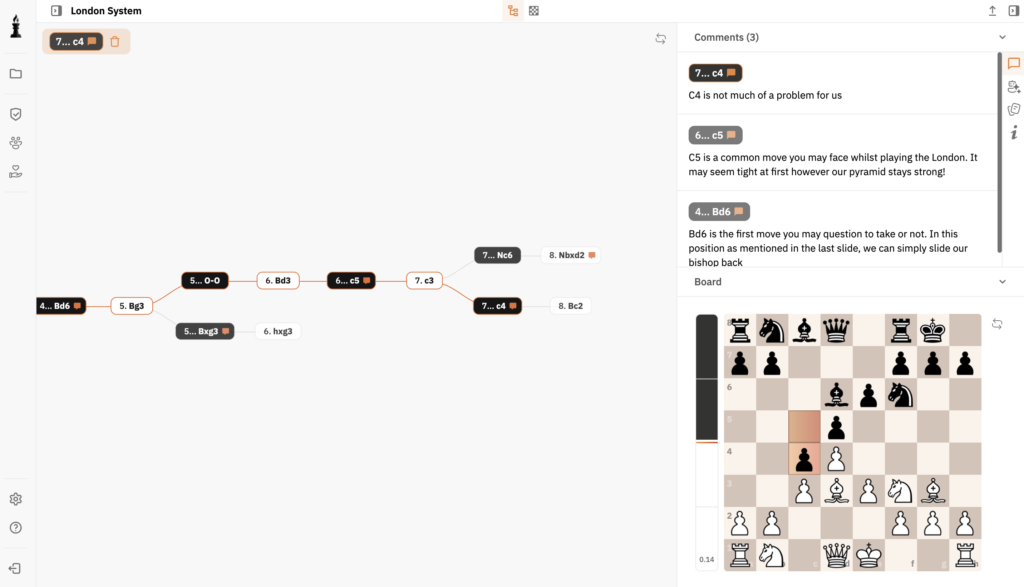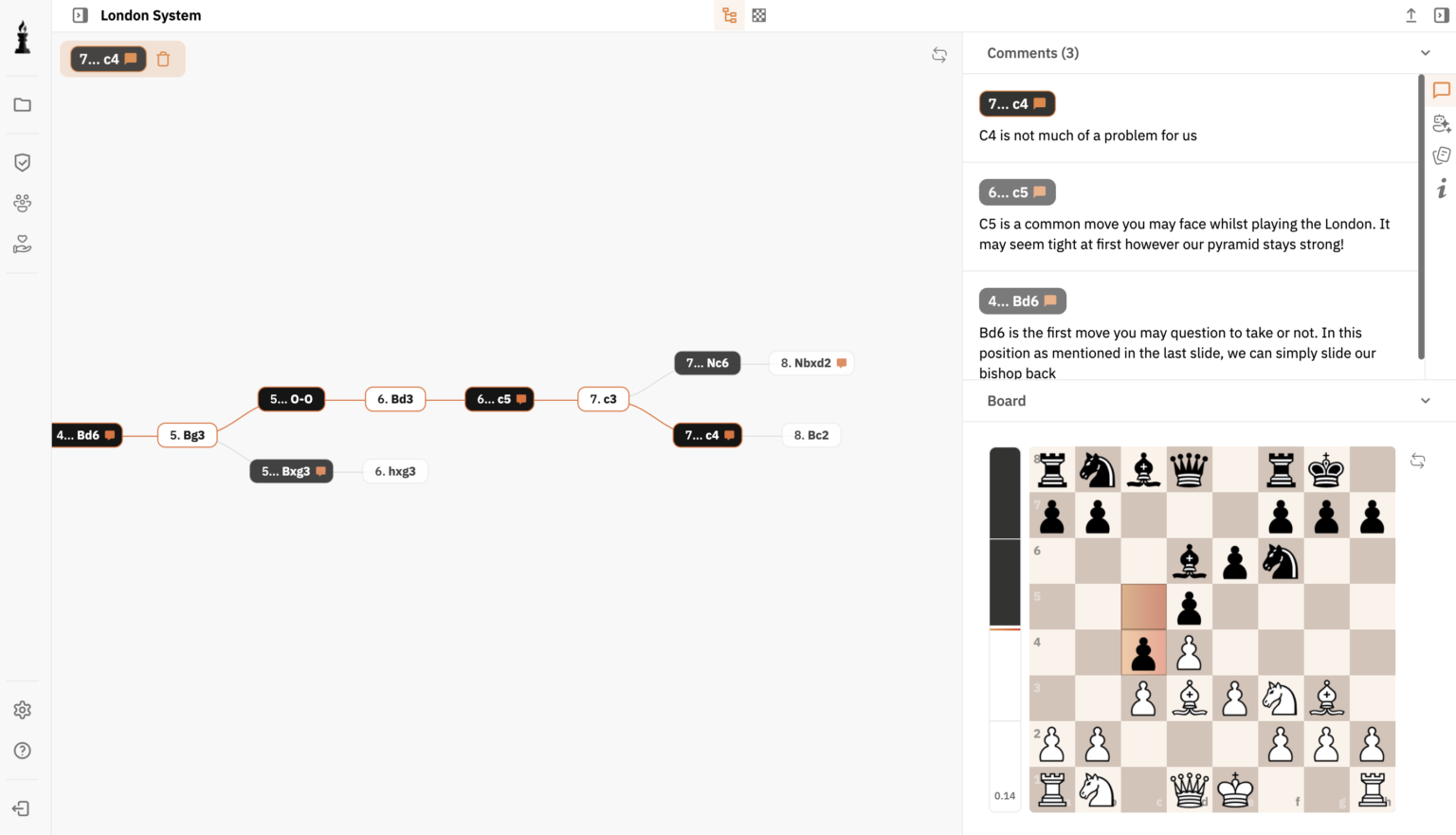Unwritten Traditions Across Chess Cultures
Chess is not merely a game of strategy and tactics; it is a cultural phenomenon with a deep-seated history. While many are familiar with the rules, few recognize the unwritten traditions that permeate the world of chess.
European Chess: The Classical Roots
In Europe, chess has its roots in the Middle Ages, and its classical forms have heavily influenced contemporary conventions. The notion of the Grandmaster (GM) emphasizes a player’s ability to navigate both Classical Chess and modern chess seamlessly.
Chess tournaments in Europe often exhibit a formal atmosphere, with respect for tradition taking precedence. For example, players commonly greet each other with a courteous handshake before and after their matches, signifying mutual respect regardless of the game’s outcome.
Asian Chess Variants: A Rich Heritage
In Asia, chess variants like Xiangqi in China and Shogi in Japan illustrate the region’s unique cultural adaptations of the game. These variants often incorporate elements such as drops, where captured pieces can be reused, adding a layer of complexity not seen in Western chess.
Chess and Technology: An Intercontinental Dialogue
Chess technology has revolutionized the way the game is played and studied. Stockfish, one of the strongest chess engines, offers analysis and insights previously unimaginable. Players can now use platforms like the Chess PGN Editor or Online Chess Database to review games and understand complex positions better.
The Influence of Women in Chess
Globally, the rise of female players has challenged historical gender norms within chess. Titles such as Woman International Master (WIM) and Woman Grandmaster (WGM) reflect the achievements and growing influence of women in the chess community.
The participation of women in chess has introduced a new perspective, enriching the game with diverse strategies and approaches. International Women’s Day chess tournaments are a testament to the celebration of this progress.
Chess in Africa and the Middle East: A Growing Scene
Chess in Africa and the Middle East is gaining momentum, with burgeoning national teams and increased participation in international tournaments. Many nations have integrated chess into their education systems, leveraging it as a tool for cognitive development.
Cultural Chess Games
Across various cultures, chess is played in settings that reflect local customs and social norms. In India, for instance, playing chess during festivals is a common practice, symbolizing intellectual growth and strategic acumen.
Conclusion
Chess traditions and cultures are as varied as the nations that play the game. From formal European customs to strategic Asian variants, each region adds its unique flavor to the rich tapestry of chess. Understanding these diverse traditions offers players worldwide a broader perspective, deepening their appreciation of the game.
Interested in keeping track of your games or analyzing tactics? Check out the Chess Games Analysis and Opening Repertoire tools on ChessFlare.
Technology has significantly altered the landscape of chess. Engines like Stockfish provide deep analysis, which helps players improve their strategies. Online tools have made reviewing and studying games more accessible and insightful.
Aside from traditional chess, there are cultural variants such as Xiangqi in China and Shogi in Japan. These games incorporate unique mechanics and rules, reflecting their cultural origins.
Women in chess are breaking stereotypes and barriers, contributing innovative strategies and styles of play. Titles such as Woman International Master and Woman Grandmaster recognize their achievements at global levels.
Chess is used as an educational tool worldwide to enhance cognitive abilities. It promotes critical thinking, problem-solving skills, and strategic planning, making it valuable in educational curricula.





